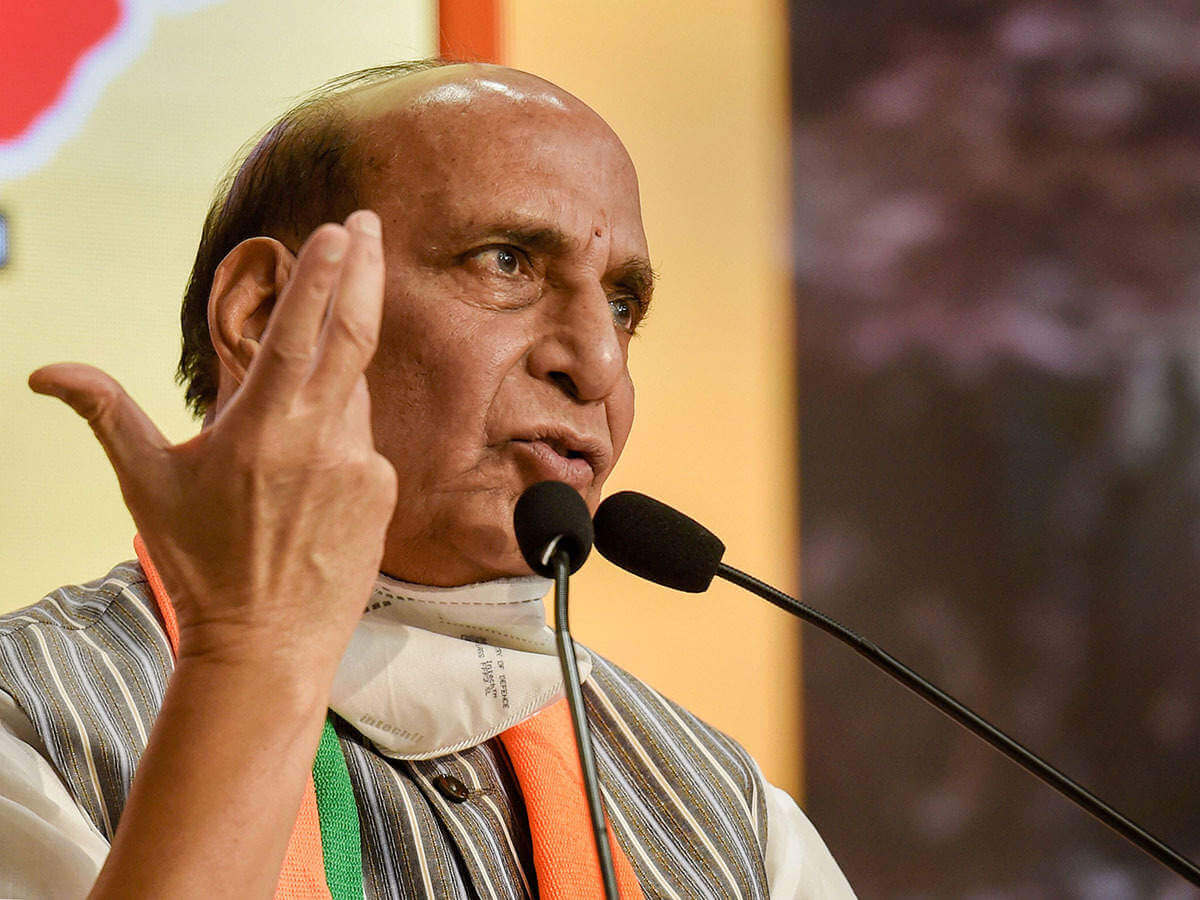On Saturday, in a move that is predicted to deepen the wounds of the deteriorating diplomatic relations between India and Nepal, the lower house of the Nepali parliament approved the revised map claiming territories in Lipulekh, Kalapani, and Limpyadhura as its own. Consequently, India adopted a strong stance against the decision, indicating that any diplomatic conversation between India and Nepal would have to be initiated by Kathmandu. Hence, India placed the burden of restarting a friendly conversation on the Oli government in Kathmandu.
However, in contrast to India’s cold stand towards Nepal, on Monday, in a virtual address, Defence Minister Rajnath Singh referred to the dispute as a “misunderstanding” instigated by confusion surrounding India’s decision to inaugurate an 80-kilometer road in Uttarakhand. The road, which was inaugurated by Rajnath Singh himself, runs through the contested Lipulekh Pass and allows Indian pilgrims to reach Kailash Mansarovar. In response, the Nepali government launched an official protest by summoning the Indian Ambassador to Nepal, Vinay Mohan Kwatra, and handing him a note saying that detailed its objection to the road as it believes that it runs through Nepali territory.
India-Nepal Border Dispute Coverage:
- India Downplays Death of Citizen Along Nepal Border, Says Unrelated to Border Dispute
- Indian Army Chief Addresses Simmering Tensions with Nepal, China, and Pakistan
- Nepal Cabinet Approves New Map Showing Land Disputed With India as Nepali Territory
- The Lipulekh Pass Dispute: What Does India Have to Lose From Souring Relations With Nepal?
In his address on Monday, Rajnath Singh said, “India-Nepal ties are not ordinary. We have a relation of ‘Roti and Beti’ which cannot be broken by any power in the world.” He further said, “India not only has a social, geographic, historical and cultural relations with Nepal but also deep religious ties.”
However, Nepal maintains its stand that it has initiated a diplomatic conversation with India, which India has not accepted. The Kathmandu Post reports that Nepal’s Foreign Minister, Pradeep K. Gyawali, said, “We are a little bit confused. If eyeball-to-eyeball talks can take place with China, why not with us?” However, this offer comes amidst several indications of its growing hostility towards India and a flourishing friendship with China. For instance, Kedar Nath Sharma, Nepal’s Ministry of Home Affair’s Joint Secretary and Spokesperson, confirmed the country’s plan to increase its “border outposts” along the Nepal-India border from 121 to 221 by the end of next year. Further, in pursuance of China’s proposal to pay the salaries of Mandarin teachers in Nepal, several private schools have now made it a mandatory part of the curriculum. This follows the MOU signed by India and China in 2019 that aimed to include Mandarin in public schools’ curricula in a phased manner.
Image Source: Economic Times

